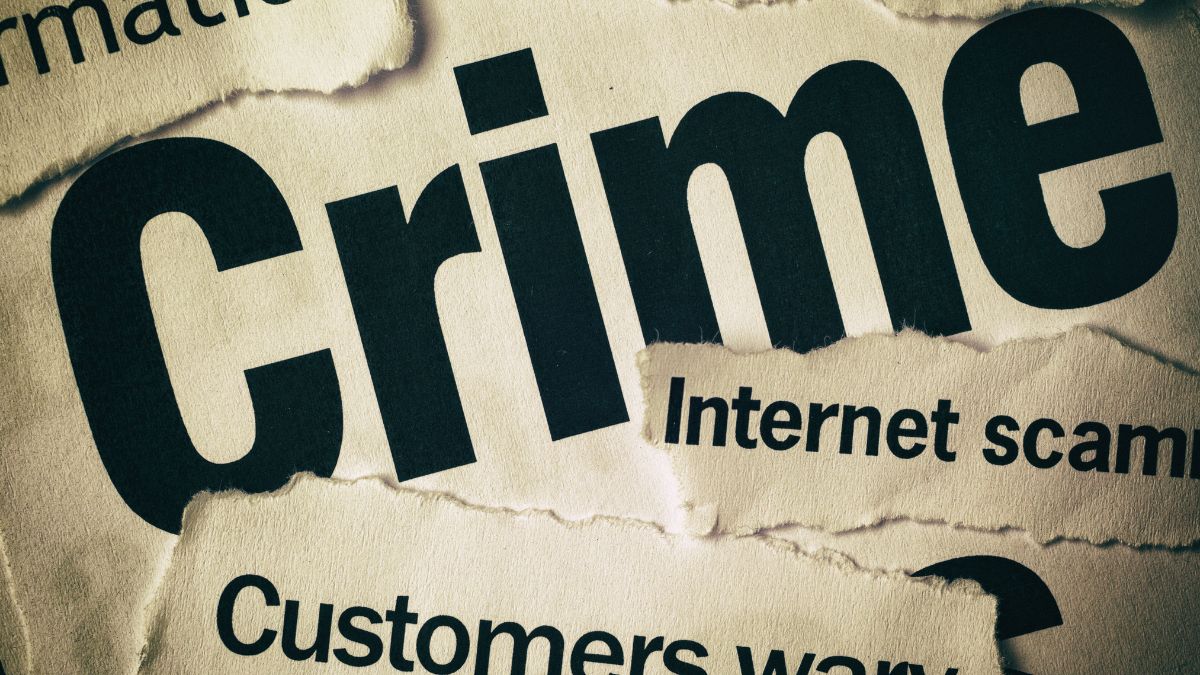

How the internet gives cybercriminals the means, anonymity, and worldwide reach to carry out crimes without being detected. The trafficking of narcotics, guns, and people online makes it easier to take advantage of people—examples of how criminals extort people or organizations for money through online platforms.
How conventional criminal networks communicate, plan, and avoid detection by law enforcement through the use of the internet. The spread of fake goods being offered online affects markets and customers worldwide. Social media is a tool used by extremist groups for recruitment and indoctrination, which fuels acts of violence and terrorism. How social media platforms enable online abuse, cyberbullying, and stalking.
Challenges in pursuing crimes that transcend national boundaries, necessitate international law enforcement organizations' collaboration. To effectively battle online crimes, law enforcement must continuously enhance their knowledge in cybersecurity and digital forensics.
How governments create policies and rules to combat cybercrime and safeguard citizens on the internet. Public education on cybersecurity precautions, internet safety, and responsible usage is crucial.
High-profile instances of cybercrimes or cyber-enabled crimes demonstrate how the internet has impacted conventional criminal activity. incidents when law enforcement combated online crime by effectively utilizing digital technologies and tactics.
In conclusion, law enforcement, governments, and society at large confront a variety of possibilities and difficulties as a result of the internet's complex and multidimensional effect on traditional crimes. To guarantee a safer digital future, our methods for stopping, looking into, and punishing illegal activity both online and offline must advance along with technology.
Visit our website at https://nextelle.net.au/.
#Internet #Internetconnection #Internetconnectivity #NextelleWireless











